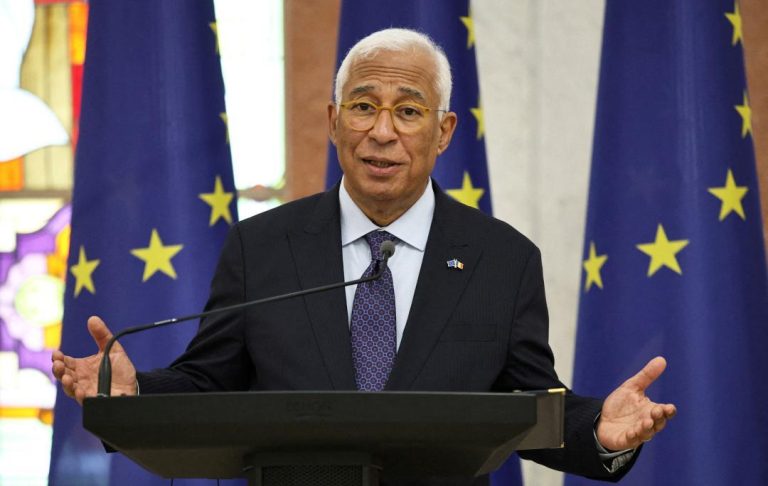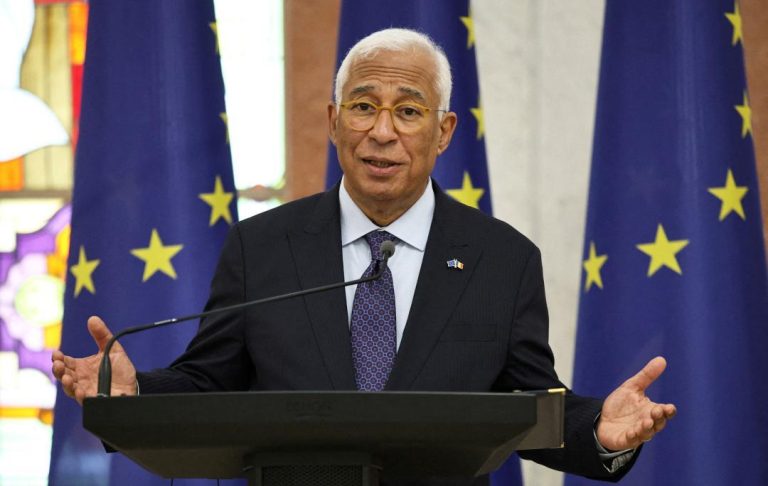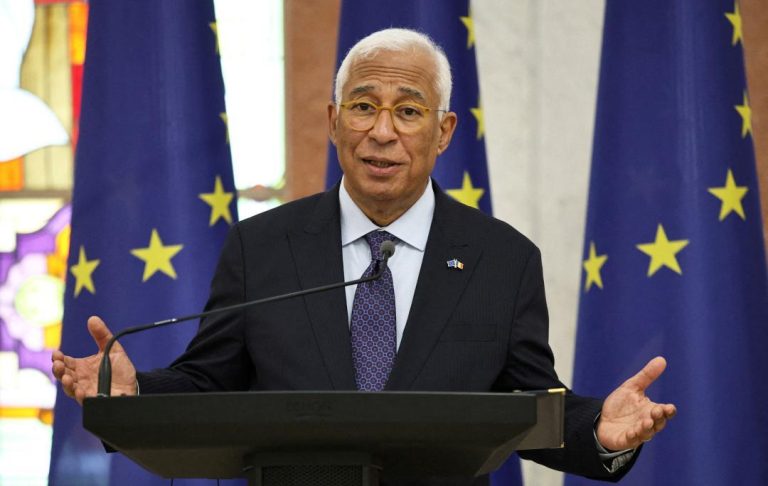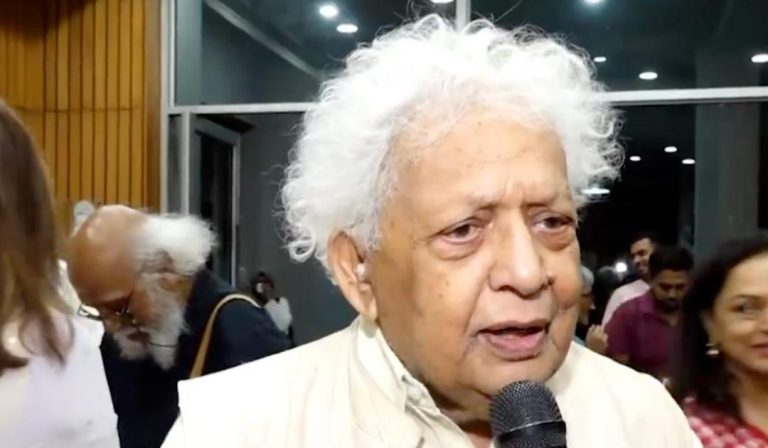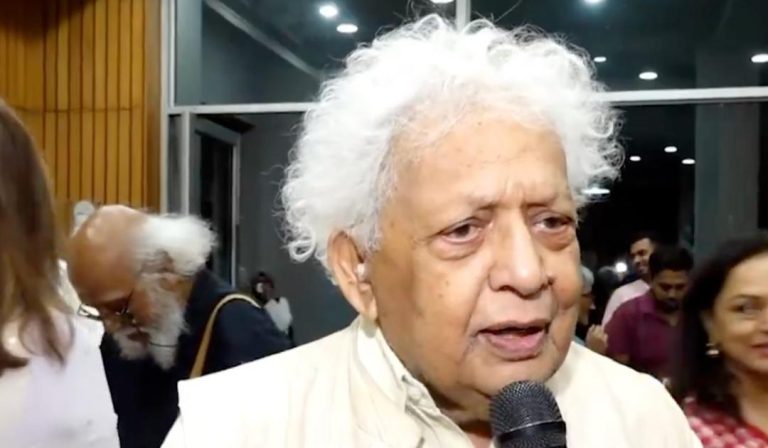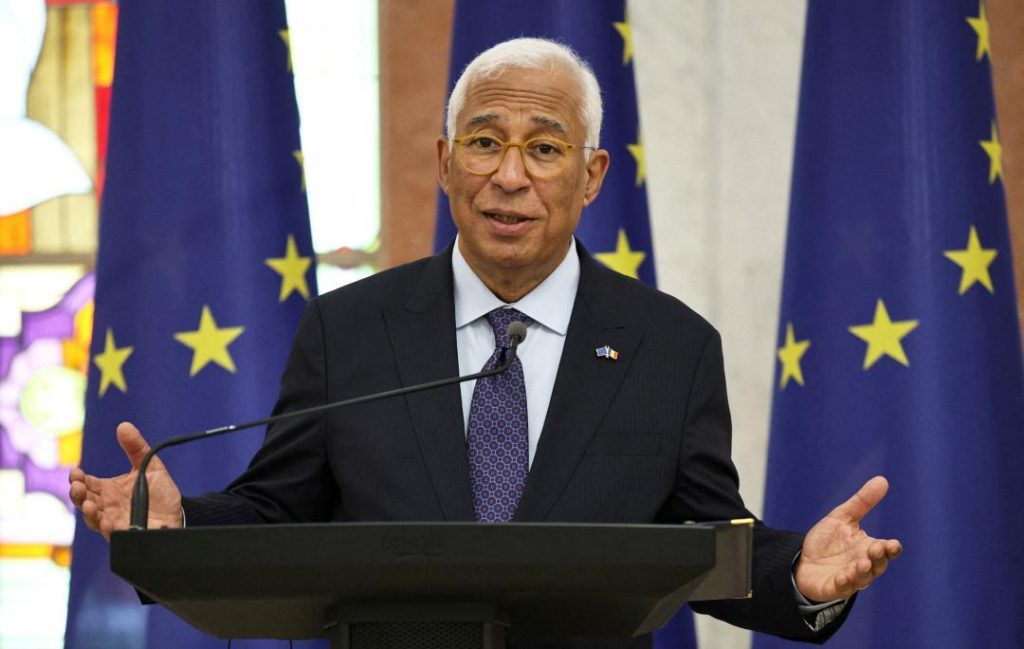
Title: No Indications Spain, Portugal Blackout a Cyberattack: EU’s Costa
On the evening of March 25, a massive power outage struck Spain and Portugal, leaving millions of people without electricity. The incident has sparked concerns about the cause of the blackout, with many speculating that it may be the result of a cyberattack. However, in a statement, EU Council President Antonio Costa has assured that there are “no indications of any cyberattack at this point.”
According to Costa, grid operators in both Spain and Portugal are working diligently to find the cause of the blackout and restore the electricity supply. The EU Council President has also stated that he is in close contact with Spanish President Pedro Sánchez and Portuguese Prime Minister Luís Montenegro, keeping them updated on the situation.
The power outage affected a significant portion of Spain and Portugal, with reports of widespread disruptions to daily life. Many businesses and homes were left without electricity, causing inconvenience and hardship for those affected. The incident has also raised concerns about the resilience of the two countries’ power grids and the potential for future outages.
In his statement, Costa emphasized the importance of cooperation between Spain and Portugal in investigating the cause of the blackout. He also highlighted the need for continued vigilance and preparedness in the face of potential cyber threats.
“The EU is committed to supporting our member states in their efforts to protect their critical infrastructure from cyber threats,” Costa said. “We will continue to work closely with Spain and Portugal to investigate the cause of this blackout and to take all necessary measures to prevent similar incidents in the future.”
The power outage has also raised concerns about the potential impact on the economy and daily life. Many businesses were forced to close, and transportation services were disrupted, causing significant disruptions to daily routines.
In addition to the economic impact, the blackout has also raised concerns about the potential health and safety risks associated with prolonged power outages. Medical facilities and hospitals were forced to rely on backup generators, and emergency services were put under strain.
While there is currently no evidence to suggest that the blackout was caused by a cyberattack, the incident has highlighted the need for improved cybersecurity measures to protect critical infrastructure. The EU has long been a leader in cybersecurity, and Costa’s statement emphasizes the importance of continued cooperation and vigilance in this area.
In the coming days and weeks, it is likely that the investigation into the cause of the blackout will continue. The EU, Spain, and Portugal will work together to determine the root cause of the outage and to develop strategies to prevent similar incidents in the future.
As the investigation continues, it is clear that the incident has raised important questions about the resilience of critical infrastructure and the potential for future outages. The EU’s commitment to supporting its member states in their efforts to protect their critical infrastructure is welcome, and it is hoped that the incident will serve as a catalyst for improved cybersecurity measures across the region.
Sources:
